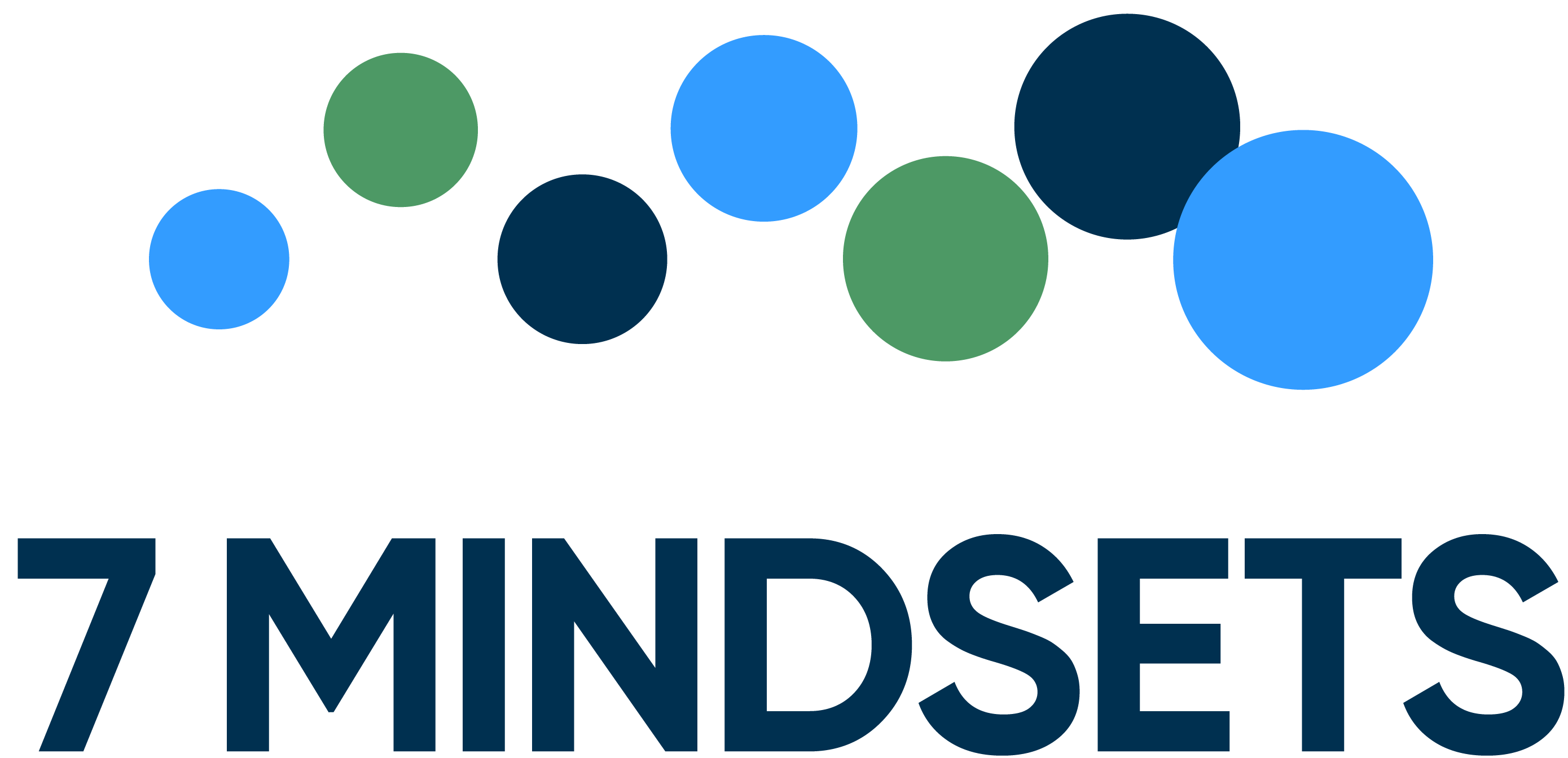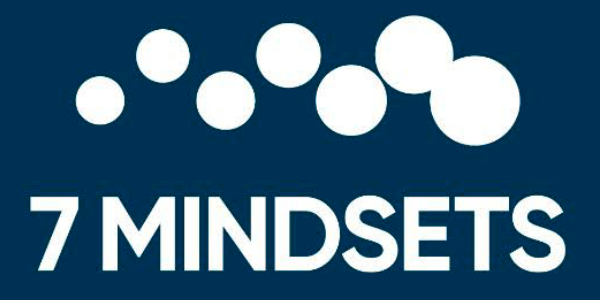Case Study
Chattahoochee Elementary School is a public school located in Forsyth County, GA. The student population of Chattahoochee Elementary School is 812 and the school serves PK-5. At Chattahoochee Elementary School, 58% of students scored at or above the proficient level for math, and 49% scored at or above that level for reading. The school’s minority student enrollment is 33%, with the overall student population being made up of 47% female students and 53% male students. The school enrolls 40% economically disadvantaged students.
Chattahoochee Elementary School – Forsyth County Schools, GA
Challenge
With 40% of its student population eligible for free or reduced lunch, the school was facing unique challenges in the realm of social emotional intelligence.
Solution
Five years ago, the northern cohort of schools in the district implemented 7 Mindsets as a group and this initiative was being funded by its local sheriff’s department.
Results
When surveyed, about 80% of the school’s students state that they “like school” and rather than just sending students to the principal’s office, teachers are empowered to use the mindsets to solve problems in the environment where they take place.
Situated in a region that’s challenged by generational poverty and other socioeconomic issues, Chattahoochee Elementary School in Forsyth County, Ga., needed a way to level the playing field across its diverse student population. With about 800 students in grades K-5, and 40% of them on either free or reduced lunch, the school was facing some particularly steep challenges.
“We had some students who were struggling with managing their emotions and their bodies,” says Barbara Vella, Principal. “Those are tough decisions for a seven- or eight-year-old child to deal with.” In 2016, sending kids to the principal’s office was the first line of defense in these difficult situations.
“Before I got here, they were suspending kindergartners and first graders for not listening and paying attention,” says Vella, who took a decidedly different approach, realizing that elementary school students aren’t just “little soldiers who are all supposed to know these things.” Add the blend of student backgrounds to the mix, and it was clear that the school needed a new approach.
“We had to change our mindset from what we’ve been doing in the years past,” says Vella, “and better address these concerns.”
Teachers are Onboard and Committed
Introduced to 7 Mindsets five years ago by a colleague who told her that the curriculum was “the best foundational program she’d ever seen, and exactly what children need to be successful in life,” Vella worked with the Forsyth County Sheriff’s Department to set up funding for the curriculum. That department has been funding the use of 7 Mindsets ever since.
Vella immediately liked the curriculum’s direct, intentional mindsets-based approach. “We’d used other programs at my previous schools, but 7 Mindsets was clearly a very intentional, foundational curriculum,” she says. Teachers were equally enthused about using the new curriculum in their classrooms.
“That first year we introduced it to teachers and asked who would like to be trained on 7 Mindsets over the summer,” says Vella, “roughly half of them wanted to come and learn what it was about. This illustrates the commitment on the part of teachers who really want to get better at their craft.”
Using Mindsets to Navigate COVID-19
When COVID-19 forced Chattahoochee Elementary School to move to remote learning, teachers and students already had 7 Mindsets’ established, online curriculum to work with during a very challenging period. Having used the “everything is possible” mindset for four years prior to COVID, for example, teachers received reassurance via Zoom meetings that yes indeed, everything is possible, despite the situational challenges they were facing.
“We told them this was going to be an amazing school year, and that kids were going to learn and connect with their teachers and with one another,” says Vella, who used similar 7 Mindsets messaging around resiliency to assure everyone that they’d get through the situation and come out the other end of it even better and stronger.
“We talk to our students about being resilient and about how important it is to surround themselves with their ‘dream teams’ to make challenging times more palatable,” Vella says. “That really helps.”
Today, the entire school utilizes the 7 Mindsets curriculum every Monday morning. The key themes are tied directly to the school’s calendar. “Attitude of Gratitude,” for example, is the mindset for Veteran’s Day week, while “Live to Give” aligns with the school’s food box collections for Thanksgiving.
Addressing Issues Where They Happen
To gauge student feedback on 7 Mindsets and on their overall comfort levels in school, Chattahoochee Elementary School uses a 32-question survey developed by the state. Since it began using the curriculum, the number of “I like school” responses has consistently stayed in the 80% range.
According to Vella, 86.3% say they enjoy mindset lessons on Mondays; 85.9% say they think 7 Mindsets helped them become a kinder person; 75.3% say they think 7 Mindsets helped them build better friendship; and 79.4% feel that it has helped their classmates.
Reflecting on the time when students were being sent to her office for a wide variety of reasons, Vella says 7 Mindsets has also helped staff members use the mindset-based tactics and skills to manage those issues in the current environment (versus the principal’s office).
“They use the ‘flip the switch’ and the ‘let’s act and adjust’ all the time, because kids understand that when you’re upset, you have cool down,” says Vella. “Because teachers have embraced the mindsets, their own actions have changed right along with the children’s actions.”



